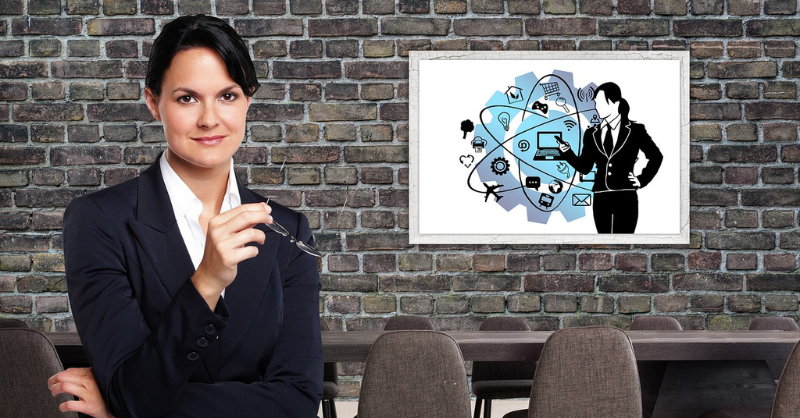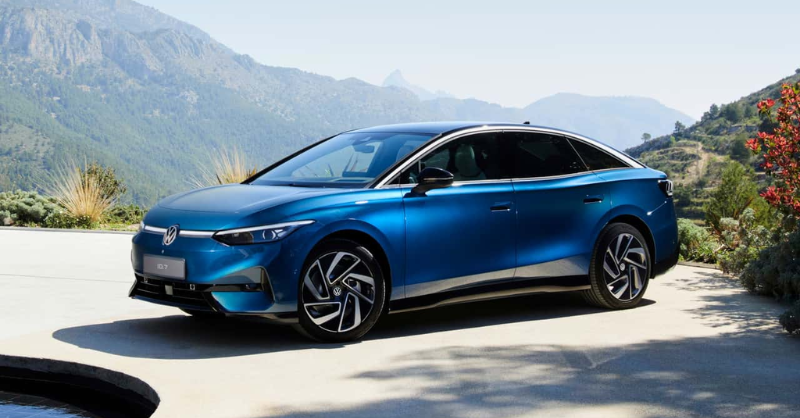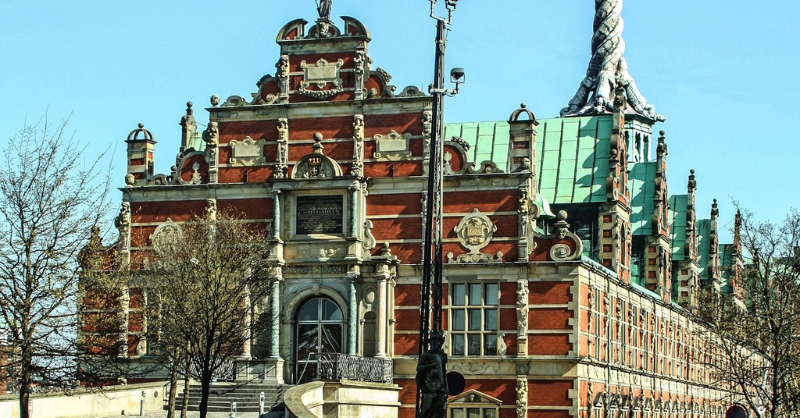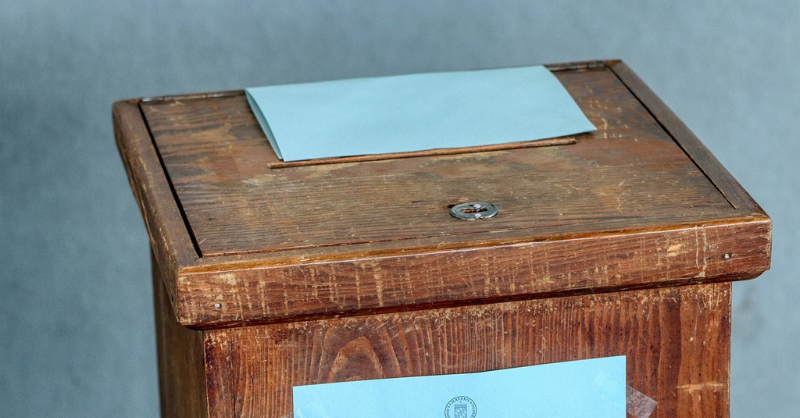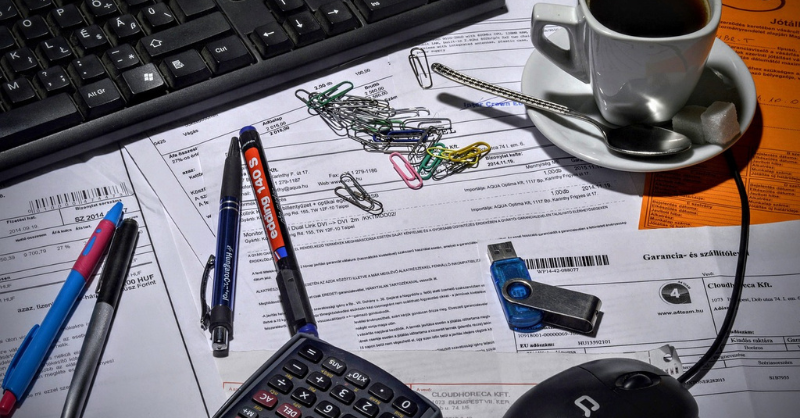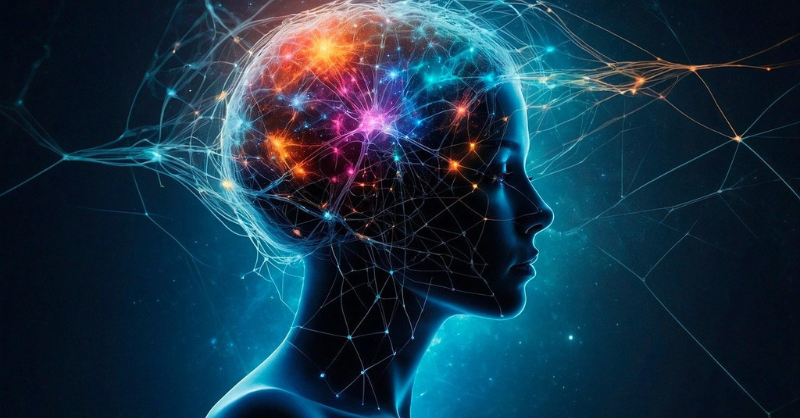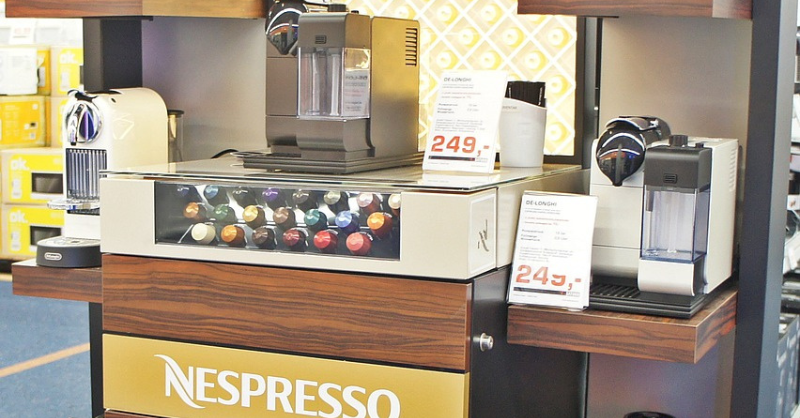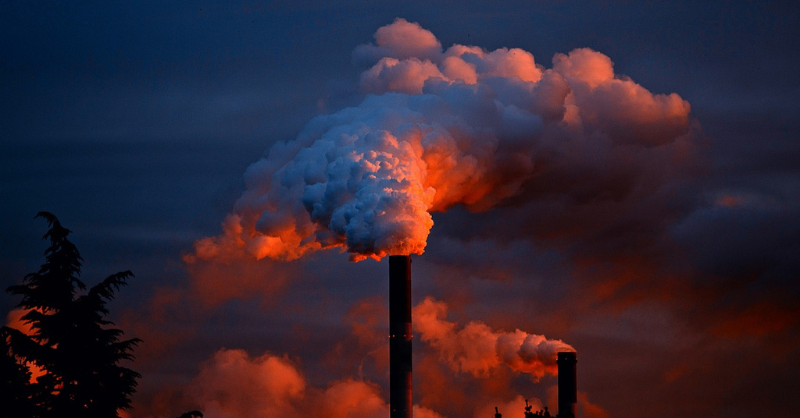Sunday Brunch: why do we have equity markets?
Financial markets exist to provide liquidity, and to enable companies to raise new financial capital. Or do they? Are they more a mechanism to generate financial returns. If so, what might this mean for sustainability.
How firms adapt to climate change
Do we really think enough about how firms will adapt to climate change. At the risk of sounding defeatist, we are already heading for c. 3 C of global warming. We need companies to prepare = adaption.
Sunday Brunch: investment, buybacks, and CEO tenure
If a CEO knows they might not be in the job for long, they might focus on short term wins over long term value creation. As shareholders we need to be vocal in our support of good investment, even if it has a long payback.
Will Europe hit its EV targets, or do fines beckon? Who really knows?
Estimates of the fines the European automotive companies might need to pay for missing emissions targets vary massively. Understanding the company strategies is key, but for this we need better disclosure.
Sunday Brunch: profits, buybacks and sustainability
High levels of share buybacks are often quoted as evidence that companies can afford sustainability investments. But the link is poor and better measures, such as profit margins and ROIC are available.
Wine, cognac, sustainability and financial risk
Grape growers face material climate change risk, in terms of temperature increases, water shortages and climate volatility. Companies are starting to disclose some information on their responses, but we need to dig deeper.
Sunday Brunch: proxy voting should be part of engagement and value creation.
Proxy voting can be made better. This is important for all investors. Two foundations should be, better linking voting outcomes to long term value creation, and making proxy voting an integral part of the corporate engagement process.
Food companies, sustainability and financial risk
Climate change is going to alter what can be grown where, and the yields that farmers can deliver. This is very likely to lead to higher prices. And yet current financial reporting by companies in the agricultural value chain doesn't really talk about this. This needs to change.
Sunday Brunch: the relevance of accounting for sustainability professionals?
Current financial reporting effectively ignores the investments that create the majority of a company's financial value - their intangible assets. This includes many environmental, social and governance factors. We need better disclosure on this, but how?
Sunday Brunch: key thoughts from 2024
Sustainable Investing is changing. Thoughts on the changes we have seen in 2024 and hopes for 2025.
Sunday Brunch: Innovation & why investing is forward looking
Yes, investing is about the future. Future profits and future cashflows. But the value of a company is also impacted by historic innovation shortfalls. Nespresso shows it can work - will Nestle work out how to repeat the wins this brings?
Sunday Brunch: 'dirty' investments and investor expectations
Yes, demand for some 'dirty' products might collapse in the future. But, to make a compelling case to investors, we also need to understand if this negative outcome is already reflected in the current share price.



